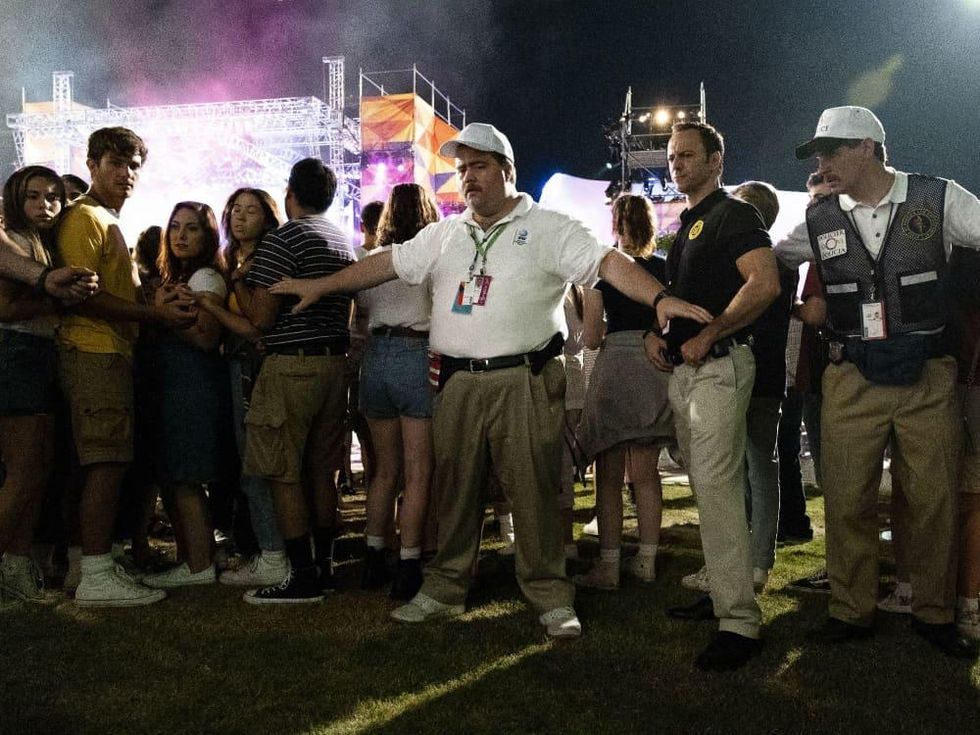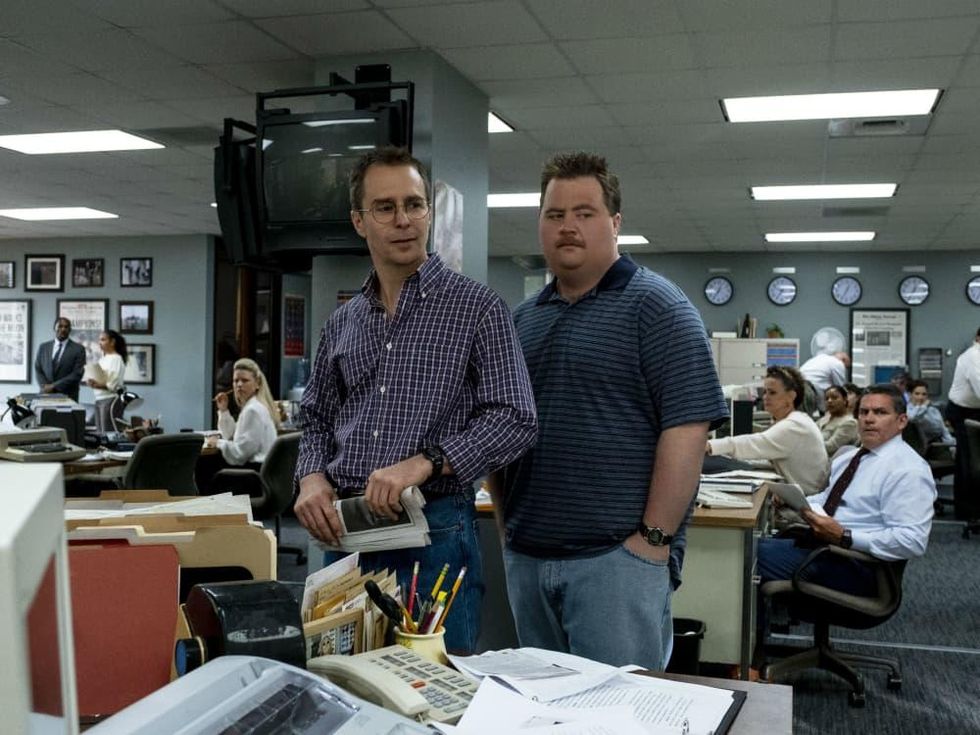Movie Review
Clint Eastwood paints police and media with broad brush in Richard Jewell
In the last 10 years of his directing career, Clint Eastwood has turned his attention to real-life people who have gained notoriety in both good and bad ways. He’s directed films about Frankie Valli and The Four Seasons, a military hero, Captain Sully, and three men who stopped a terror attack. That last film could be seen as companion piece to his newest effort, Richard Jewell.
Jewell (Paul Walter Hauser) was a security guard at the 1996 Atlanta Olympics who was erroneously accused of planting a bomb that killed two people and injured more than 100 others. The film focuses on the event itself and the intense aftermath, in which a number of people get caught up in the idea of Jewell being the culprit instead of concentrating on the facts of the case.
They include Kathy Scruggs (Olivia Wilde), a reporter for the Atlanta Journal-Constitution, and FBI agent Tom Shaw (Jon Hamm), both of whom seem to ignore clear signs of Jewell’s innocence. About the only people to defend Jewell are his mother, Bobi (Kathy Bates), and his lawyer, Watson Bryant (Sam Rockwell).
Although Jewell was exonerated long ago, Eastwood, working from a script by Billy Ray, clearly wants to take law enforcement and the media to task for the way they treated him. In a rare deviation from the norm in showing real-life police, almost everyone in law enforcement portrayed in the film is made out to be incompetent, ignorant, or egotistic, with nary a positive trait to be found.
It’s even worse for the media, especially in the case of Scruggs. The film portrays her as extremely unscrupulous, even heavily implying that she traded sex for information. No matter what her personal faults may have been or how much she violated journalistic ethics in the name of a scoop, it seems a step too far for Eastwood and Ray to say Scruggs did something like that. It also undercuts the story they’re trying to tell; they could have shown her getting information by other methods and remained true to their mission of demonizing the media.
For what it’s worth, as shown in the film, Jewell is a difficult figure to understand. He’s said to have been infatuated with being part of law enforcement and sometimes overstepping his bounds in the name of enforcing rules. In the case of his discovery of the bomb, this trait saved lives, but it also inadvertently led into him being suspected of the crime. His deference to and cooperation with the FBI does him no favors, as well.
For all of the inherent drama of the story, though, the film has a curious lack of momentum. Everything about the way Jewell is railroaded into being the primary suspect should be infuriating, but instead the various twists and turns fall flat. Even the bombing itself is devoid of tension, with Eastwood making the moment all about Jewell and his actions instead of allowing time for the actual victims of the blast.
Despite the story’s faults, Hauser is great as Jewell. He’s almost a perfect match visually, but more than that, he does a fantastic job at detailing Jewell’s idiosyncrasies. You often want to shake Jewell and make him see reason, and that urge has everything to do with Hauser’s performance. Rockwell often plays a sleazy character, so it’s great to see him as a mostly good guy this time around. Hamm and Wilde are good, but they’re hampered by the script.
The brief but powerful investigation of Richard Jewell remains a stain on law enforcement and media more than two decades later. But in his eagerness to show how badly they transgressed, Eastwood has prevented his film from being as powerful as it could have been.





 Amber Barth of Skate VIDA performs after the tree is lit.Photo by Ashley Gongora
Amber Barth of Skate VIDA performs after the tree is lit.Photo by Ashley Gongora The rink will be open through January 5, 2026.Photo by Ashley Gongora
The rink will be open through January 5, 2026.Photo by Ashley Gongora





















